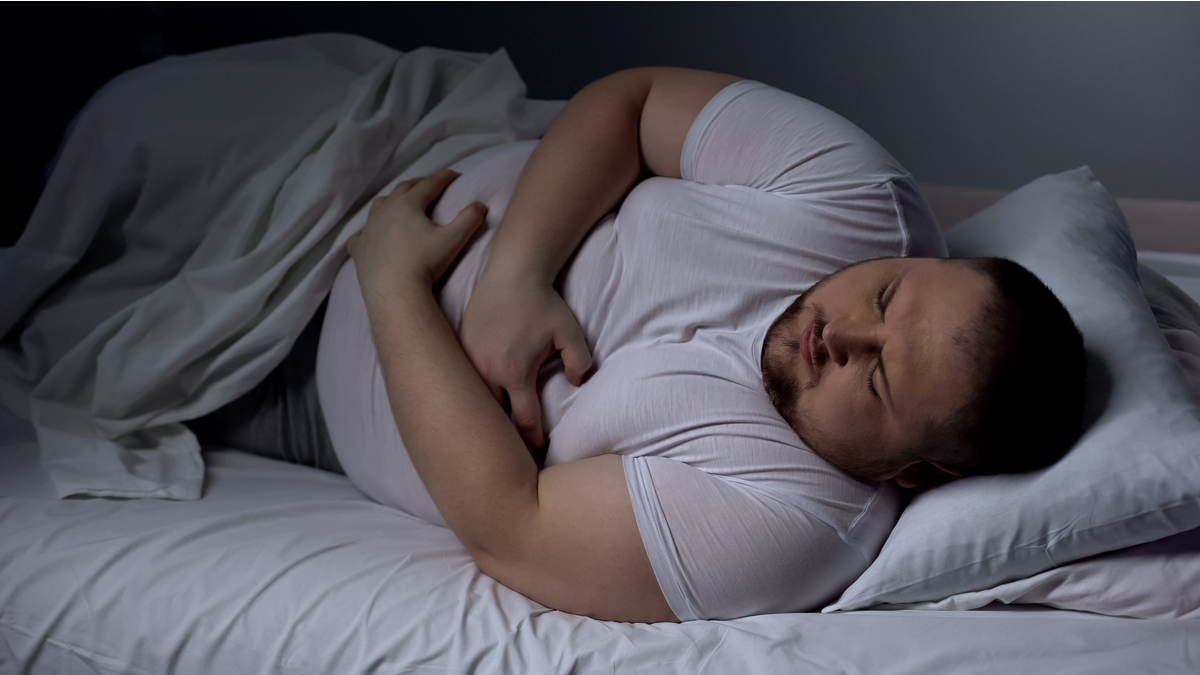

Not getting enough good-quality sleep can undermine people’s attempts to keep weight off after dieting, according to research findings that could have particular relevance for shift workers and those working unsociable hours.
The research, presented at recent European Association for the Study of Obesity (EASO) congress, has also concluded that two hours of vigorous physical activity per week can help maintain better sleep.
More than a third of adults in the UK and the US are estimated not to get enough sleep on a regular basis (defined as less than six or seven hours per night, respectively), normally due to a host of modern life stressors, including computers, smart devices, and the blurring of work life boundaries.
However, those working nights, shifts or unsociable hours can be particularly prone to poor sleep patterns, or what the Sleep Foundation has called ‘shift work disorder’.
Not getting enough sleep or getting poor quality sleep can increase risks for high blood pressure, high cholesterol and atherosclerosis. It can also be linked to obesity, diabetes and inflammation, all of which can worsen cardiovascular disease.
Sleeping too much or too little also has been shown to increase the risk of stroke, heart attack and death.
In the latest study, researchers from the University of Copenhagen in Denmark analysed data from a randomised placebo-controlled trial to investigate changes in sleep duration and quality during diet-induced weight loss, covering 195 obese adults aged 18 to 65 years.
The participants followed a very low-calorie diet for eight weeks, losing on average 12% of their bodyweight. They were then tracked for a year and their sleep duration and quality measured using data from wearable monitors.
Those who slept for less than six hours a night were found to have, on average, increased their body mass index (BMI) by 1.3 points after a year compared with those who slept for more than six hours.
Similarly, the BMI for those who had poor quality sleep increased by 1.2 points after a year compared with those whose sleep was of a good quality.
“It was surprising to see how losing weight in adults with obesity improved sleep duration and quality in such a short time, and how exercising while attempting to keep the weight off preserved improvements in sleep quality,” said one of the researchers, medical student Adrian F Bogh.
“Also, it was intriguing that adults who aren’t sleeping enough or getting poor quality sleep after weight loss appear less successful at maintaining weight loss than those with sufficient sleep.”
“The fact that sleep health was so strongly related to weight loss maintenance is important since many of us don’t get the recommended amount of sleep needed for optimal health and functioning,” said lead author Professor Signe Torekov.
“Future research examining possible ways of improving sleep in adults with obesity will be an important next step to limit weight regain. Weight loss maintained with exercise seems promising in improving sleep,” Professor Torekov added.
The authors also emphasised note that the study was observational and therefore cannot prove that poor sleep causes weight changes.

